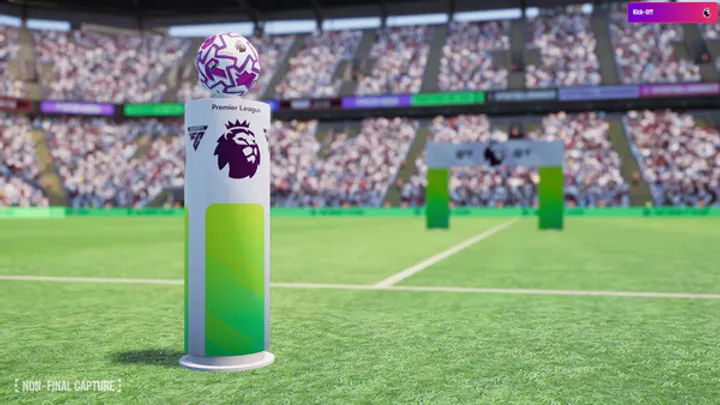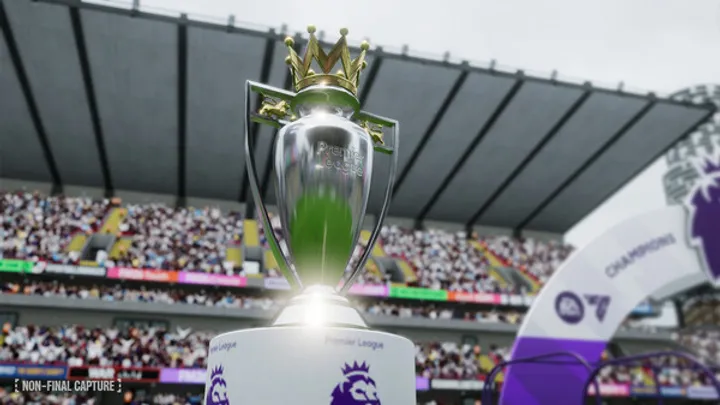Football Manager 26 (FM26) is the latest installment in the acclaimed football management simulation series. Players take on the role of a club manager, handling transfers, tactics, training, scouting, finances, and team morale. Success in FM26 requires strategic planning, understanding player attributes, and adapting tactics to both opponents and league dynamics. This guide provides step-by-step strategies to help managers, whether beginners or veterans, achieve long-term success in domestic and European competitions.
Understanding Club Management
Managing a club in FM26 involves multiple layers.
Tips:
- Analyze club finances, wage budget, and transfer resources before making decisions.
- Understand board expectations: some clubs prioritize youth development, others immediate results.
- Evaluate current squad depth and weaknesses to plan recruitment effectively.
Advanced Strategy: Balance short-term success with long-term development to avoid financial or morale issues.
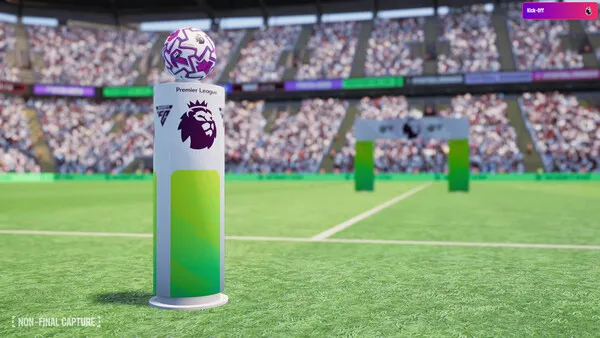
Player Recruitment and Transfers
Recruiting the right players is essential for building a competitive team.
Tips:
- Use scouting networks to find hidden gems and future stars.
- Focus on positions where your squad lacks depth or quality.
- Consider player personality and adaptability alongside skills.
Advanced: Negotiate contracts and clauses to maximize value and prevent losing key players cheaply.
Tactics and Formation
Tactical mastery separates good managers from great ones.
Tips:
- Choose formations that suit your squad’s strengths (4-2-3-1, 3-5-2, etc.).
- Adjust player roles and duties to complement team balance.
- Study opponents’ tendencies and adjust tactics per match.
Advanced Strategy: Develop multiple tactical setups for different competitions or situations, including defensive, possession-based, and counter-attacking approaches.
Training and Player Development
Developing players is key for long-term success.
Tips:
- Assign individualized training to improve weak attributes.
- Use youth teams to integrate talented academy players gradually.
- Monitor player workload to avoid fatigue and injuries.
Advanced: Implement mentoring and positional training to create versatile players capable of covering multiple roles.
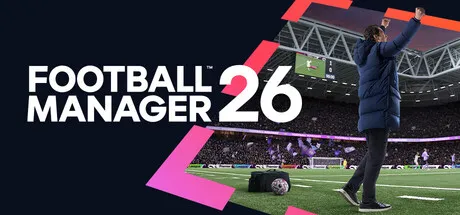
Match Preparation and Analysis
Preparation impacts performance during matches.
Tips:
- Set pre-match instructions based on opposition analysis.
- Provide tactical briefings and motivational talks to boost morale.
- Monitor in-game statistics and adjust instructions when necessary.
Advanced: Use match analysis tools to identify patterns, exploit opponent weaknesses, and plan substitutions strategically.
Managing Team Morale and Dynamics
Player morale affects performance and cohesion.
Tips:
- Maintain good communication with players; address concerns and disputes promptly.
- Rotate squad to keep players happy and reduce fatigue.
- Praise or criticize appropriately to motivate individual performance.
Advanced: Pay attention to personality clashes, senior players’ influence, and media interactions to prevent disruption in the squad.
Youth Academy and Long-Term Planning
Developing homegrown talent saves money and creates club identity.
Tips:
- Scout young talent globally and monitor potential growth.
- Provide regular match experience to promising youth players.
- Plan squad transitions in advance to maintain competitiveness.
Advanced: Integrate youth development with tactical philosophy to ensure academy graduates adapt seamlessly to the first team.
Finances and Club Growth
Managing finances is as important as winning matches.
Tips:
- Monitor wage structure to prevent overpaying and imbalance.
- Negotiate sponsorship deals and merchandising options to boost revenue.
- Invest wisely in stadium expansion, facilities, and staff.
Advanced: Create sustainable financial models to balance immediate success with long-term growth, avoiding debt and insolvency risks.
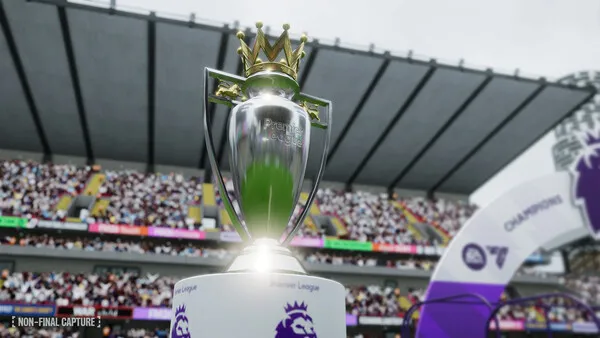
Dealing with Pressure and Expectations
Board expectations and fan pressure influence decision-making.
Tips:
- Prioritize competitions based on board and fan expectations.
- Communicate transparently in press conferences to manage perception.
- Adjust squad ambitions and tactics realistically when underperforming.
Advanced: Use media management and club reputation strategically to reduce stress and increase leeway for rebuilding periods.
Conclusion
Mastering Football Manager 26 requires understanding club management, player recruitment, tactical flexibility, youth development, and financial planning. Managers who balance short-term results with long-term growth, adapt to changing dynamics, and focus on player morale and development will achieve sustained success. Patience, strategic thinking, and analytical skills are essential for dominating leagues and European competitions in FM26.








